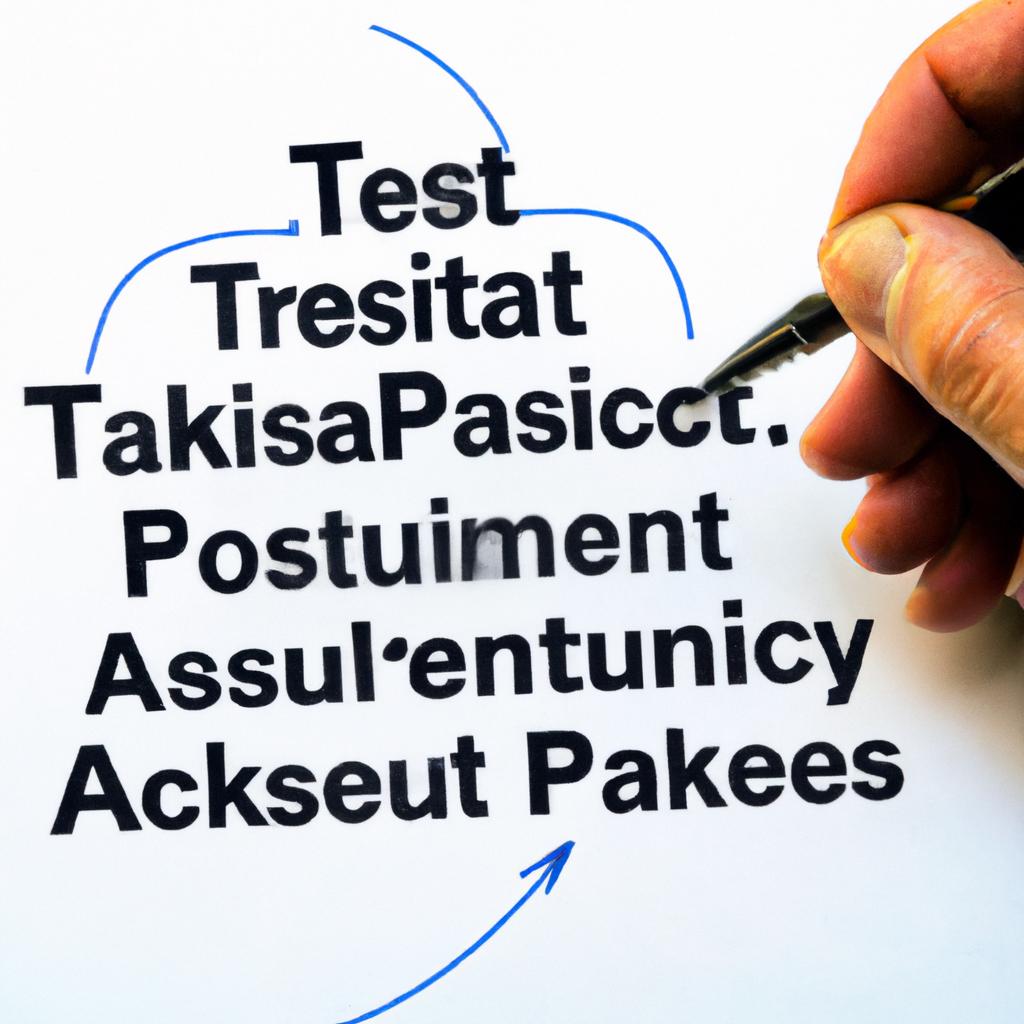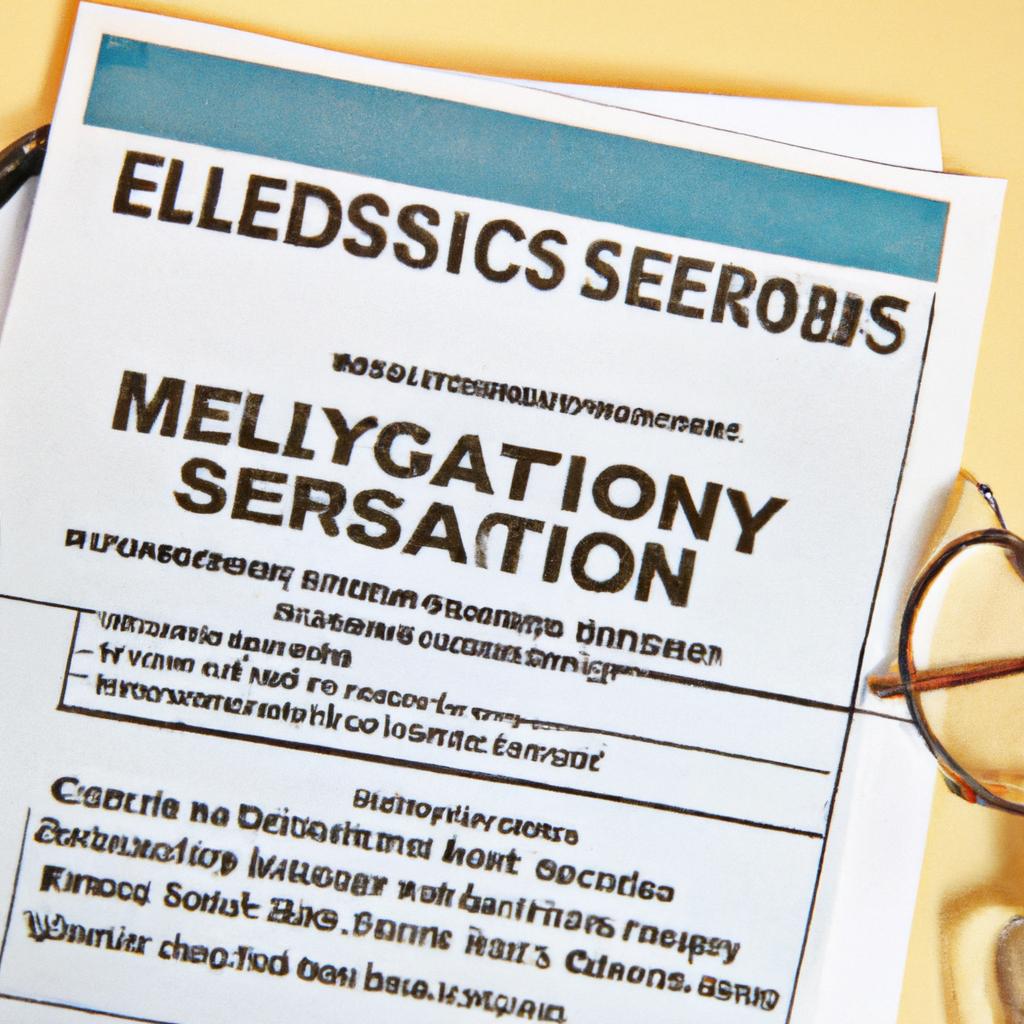In the intricate web of property ownership and management, the concept of trust stands as a cornerstone for secure and efficient protection. At Morgan Legal Group in New York City, we specialize in providing comprehensive estate planning services, including the establishment and management of trusts for property protection. As experienced lawyers in the field, we understand the importance of trust as a vital tool in safeguarding assets and ensuring the smooth transfer of wealth. Join us as we delve into the intricate world of trust for property protection and explore the nuances of this essential legal instrument.
Ensuring Asset Protection through Trust Structures
Trust structures are a vital tool in ensuring the protection of your assets for future generations. By establishing a trust, individuals can outline their wishes for the distribution of their property and assets in a legally binding manner. Trusts provide a level of protection from creditors, lawsuits, and other potential threats, ensuring that your hard-earned assets are safeguarded for your loved ones.
One key benefit of utilizing trust structures for asset protection is the ability to minimize estate taxes and avoid the probate process. By creating a trust, individuals can efficiently transfer their assets to beneficiaries without the need for court involvement, saving time and money in the long run. Additionally, trusts offer privacy and flexibility in asset management, allowing individuals to maintain control over their assets during their lifetime while ensuring a seamless transition to their heirs upon their passing.

The Importance of Trusts in Safeguarding Property Assets
When it comes to safeguarding property assets, trusts play a crucial role in providing a secure and reliable method of protection. Creating a trust allows individuals to ensure that their property assets are managed and distributed according to their wishes, even after their passing. Trusts provide a level of control and oversight that can help prevent potential disputes and mismanagement of assets.
One of the key benefits of trusts is their ability to offer privacy and confidentiality in the handling of property assets. By placing assets in a trust, individuals can avoid the probate process, which can be lengthy and costly. Trusts also provide a level of protection against creditors and legal disputes, ensuring that property assets are safeguarded for future generations. Trusts are a powerful tool in estate planning that can provide peace of mind and security for individuals and their loved ones.

Key Considerations for Establishing Trusts for Property Protection
When establishing trusts for property protection, there are several key considerations to keep in mind to ensure the smooth management and safeguarding of assets. One important factor is choosing the right type of trust that suits your specific needs and goals. Whether it’s a revocable living trust or an irrevocable trust, each type has its own advantages and limitations that should be carefully weighed.
Additionally, selecting a reliable and trustworthy trustee is essential to the success of the trust. The trustee plays a crucial role in managing the assets, distributing them according to the terms of the trust, and making decisions in the best interest of the beneficiaries. It’s also important to regularly review and update the trust documents to reflect any changes in your financial situation or family dynamics, ensuring that the trust continues to serve its intended purpose effectively.

Maximizing Trust Benefits with Professional Legal Guidance
When it comes to protecting your property and assets, trust can be a vital tool in ensuring that your wishes are carried out effectively. By establishing a trust, you can maximize the benefits of professional legal guidance to provide comprehensive protection for your estate. With the help of experienced attorneys, you can create a trust that not only safeguards your assets but also ensures that your loved ones are taken care of according to your desires.
Utilizing professional legal guidance can help you navigate the complexities of trust creation and management, ensuring that your estate is protected for future generations. By working with skilled lawyers, you can establish a trust that meets your specific needs and goals, providing peace of mind knowing that your assets are in capable hands. With the right legal guidance, you can maximize the benefits of trust for property protection, allowing you to safeguard your estate and legacy for years to come.
Q&A
Q: What is ‘trust for property protection’?
A: Trust for property protection is a legal arrangement in which a person or entity (the trustor) transfers ownership of assets to a trustee, who manages and protects those assets for the benefit of named beneficiaries.
Q: How does trust for property protection work?
A: The trustor creates a trust document outlining the terms of the trust, including the assets involved, the beneficiaries, and any conditions or instructions for the trustee. The trustee then manages the assets according to the trust document, with a duty to act in the best interests of the beneficiaries.
Q: What are the benefits of using a trust for property protection?
A: One of the main benefits of using a trust for property protection is that it allows for the efficient transfer of assets to beneficiaries without the need for probate. Trusts can also provide privacy, asset protection, and flexibility in estate planning.
Q: Who can benefit from using a trust for property protection?
A: Anyone who wants to protect their assets and ensure their property is managed and distributed according to their wishes can benefit from using a trust for property protection. Trusts can be especially useful for individuals with complex family situations, substantial assets, or specific desires for how their property should be handled.
Q: Are there any drawbacks to using a trust for property protection?
A: While trusts offer many benefits, they can also be complex and costly to create and maintain. Additionally, some individuals may feel uncomfortable giving up control of their assets to a trustee. It is important to carefully consider the implications of creating a trust and consult with legal and financial professionals before making a decision.
To Conclude
In a world filled with uncertainty and potential risks, trust serves as a powerful ally in ensuring the protection of our most valuable assets. By cultivating trust in our relationships with others and in the systems in place to safeguard our property, we can create a sense of security and peace of mind. Remember, trust is not just a word, but a foundation upon which we can build a more secure future for ourselves and our loved ones. So let us continue to nurture and uphold trust as we navigate the complexities of property protection, knowing that with trust, we can truly safeguard what matters most.
 Trust for Property Protection: Understanding the Importance and Benefits
Trust for Property Protection: Understanding the Importance and Benefits
When it comes to protecting our property, trust is an essential element that often goes overlooked. Many homeowners focus on investing in security systems, insurance policies, and other physical deterrents to prevent theft and damage. While these measures are certainly important, establishing trust can provide an added layer of protection for your property. In this article, we will explore the concept of trust for property protection, its benefits, and how you can implement it in your own home.
But first, let’s define what we mean by trust for property protection. It is a relationship between the owner and others who have access to their property, such as family members, friends, employees, or even tenants. Trust means having a sense of confidence and faith that these individuals will act responsibly and respectfully towards your property. It involves having open communication, mutual respect, and setting clear expectations for everyone involved.
Now, let’s delve into the benefits of establishing trust for property protection.
1. Reduces Risk of Theft and Vandalism
By fostering a sense of trust with those who have access to your property, you are lessening the risk of theft and vandalism. For instance, if you have hired employees to work in your home or business, creating a trusting relationship with them can give you peace of mind that your valuables and belongings are secure. When employees feel trusted, they are less likely to engage in any dishonest or destructive behavior.
2. Promotes Safety and Security
Trust for property protection also promotes safety and security for both the property owner and those who have access to it. When everyone feels comfortable and respected, there is less likelihood of confrontations, misunderstandings, or conflicts that could potentially escalate to dangerous situations. By creating a trusting environment, owners can maintain a harmonious and safe living or working space for themselves and those around them.
3. Encourages Responsible Behavior
When individuals feel trusted, they are more likely to act responsibly. This could mean taking care of your property, following rules and regulations, and reporting any issues or concerns promptly. By establishing trust, you are encouraging responsible behavior, which can ultimately lead to the protection and preservation of your property.
4. Builds a Sense of Community
Trust for property protection also fosters a sense of community. When everyone involved feels trusted and valued, it creates a positive environment where people are more likely to look out for each other. This can be especially helpful in neighborhoods, where neighbors may rely on each other for surveillance and support.
Now that we understand the benefits of trust for property protection, let’s explore some practical tips for implementing it in your own home or business.
1. Communication and Transparency
One of the key factors in establishing trust is open communication and transparency. Make sure to have clear and open channels of communication with those who have access to your property. This could be in the form of regular check-ins, meetings, or even email updates. Be transparent about your expectations, rules, and regulations, and encourage others to do the same.
2. Regular Inspections and Maintenance
Conducting regular inspections and maintenance of your property is not only good practice for maintaining its condition but also demonstrates a sense of trust and ownership. If you have rented out your property, make sure to schedule regular checks to ensure everything is in order. This also gives your tenants a sense of accountability and responsibility towards the property.
3. Respect and Appreciation
Treating others with respect and showing appreciation for their efforts can go a long way in establishing trust. This applies to both property owners and those who have access to the property. Make sure to express gratitude for any efforts to maintain or improve your property. Also, make sure to listen to others’ concerns or suggestions and take them into consideration.
There have been several instances where individuals have successfully protected their property by establishing trust in unconventional ways. For example, in one case, a landlord posted a sign outside their rental property stating, “This is a drug-free neighborhood. Please do not rent if you intend to use drugs.” This simple sign successfully deterred potential drug users from renting the property and creating a safe and trusted environment for the landlord and their tenants.
In conclusion, trust for property protection is a crucial yet often overlooked aspect of safeguarding our homes and businesses. While investing in security systems and insurance policies is important, creating a culture of trust can provide an added layer of protection for our properties. By implementing the tips mentioned in this article and fostering open communication and respect, we can create a safe and secure living or working space for ourselves and those around us.

